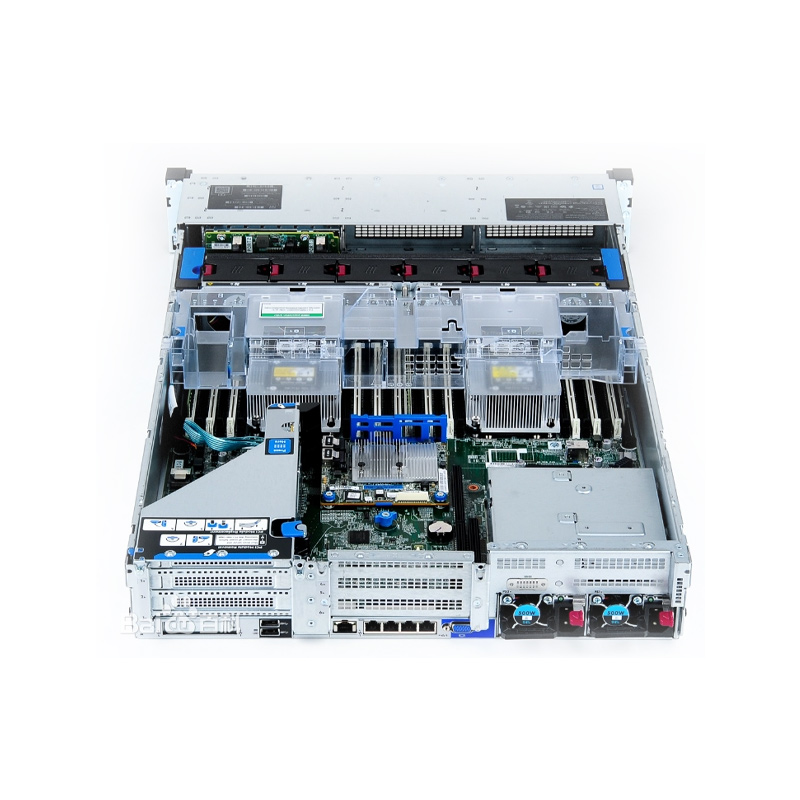Product advantages
The server must have a certain degree of "scalability" because enterprise networks cannot remain unchanged for a long time, especially in today's information age. If the server does not have a certain degree of scalability and becomes inadequate as the number of users increases, a server worth tens of thousands or even hundreds of thousands will be eliminated in a short period of time, which is something that no enterprise can afford. In order to maintain scalability, it is usually necessary to have a certain amount of expandable space and redundant components (such as disk array slots, PCI and memory module slots, etc.) on the server.
The functions of a server are much more complex compared to a PC, not only in terms of its hardware configuration, but also in terms of its software system configuration. It is unimaginable for a server to achieve so many functions without comprehensive software support. However, with too many software systems, it may also cause a decrease in server performance, making it difficult for management personnel to effectively manipulate. So many server manufacturers not only need to fully consider server availability, stability, and other aspects when designing servers, but also need to put in sufficient effort in server usability.
The ease of use of a server is mainly reflected in whether the server is easy to operate, whether the user navigation system is complete, whether the chassis design is user-friendly, whether there are critical recovery functions, whether there is an operating system backup, and whether there is sufficient training support.
For a server, a very important aspect is its "availability", which means that the selected server can meet the requirements of long-term stable operation and cannot frequently encounter problems. In fact, it is equivalent to the reliability proposed by Sun.
Because servers face the entire network of users, not individual users, in large and medium-sized enterprises, servers are usually required to be uninterrupted. In some special application areas, even if there are no users using it, some servers have to work continuously because they must provide continuous connection services to users, whether they are on or off work, on weekdays, holidays, or weekends. This is the fundamental reason why servers must have extremely high stability.
Among the main features of a server, there is another important feature, which is its "ease of management". Although we say that servers need to work continuously without interruption, even the best products can potentially fail. To put it simply, it's not that we don't know when they might break, but rather that we don't know when they might break. Although servers have sufficient stability guarantees, they should also have necessary measures to avoid errors, detect problems in a timely manner, and receive timely maintenance in case of failures. This not only reduces the chance of server errors, but also greatly improves the efficiency of server maintenance. In fact, it is the serviceability proposed by Sun.








